United States District Court Judge Reed O’Connor has vacated the ATF’s “pistol brace” ban rule in the Mock v. Garland lawsuit. The case was decided June 13, 2024, in the Northern District of Texas.
The lawsuit challenged the Biden administration’s rule redefining braced pistols as short-barreled rifles (SBRs) regulated under the National Firearms Act.
Plaintiffs in the case are two individuals, William Mock and Christopher Lewis; Maxim Defense Industries, LLC, a firearms and accessory manufacturer based in St. Cloud, Minnesota; and the Firearms Policy Coalition (FPC), a 2nd Amendment advocacy group based in Las Vegas. Mock and Lewis are also individual members of the FPC.
Defendants are Attorney General Merrick Garland, the United States Department of Justice (DOJ), ATF Director Stephen Dettelbach, and the Bureau of Alcohol, Tobacco, Firearms, and Explosives (ATF).
Judge O’Connor granted summary judgment in favor of FPC and its co-plaintiffs and issued a final judgment and order against the DOJ and ATF.
From O’Connor’s decision: “… [T]he Court GRANTS Plaintiffs’ Motion for Summary Judgment on the grounds that the Final Rule violated the APA’s procedural requirements because it was arbitrary and capricious and was not a logical outgrowth of the Proposed Rule; DENIES Defendants’ Cross Motion for Summary Judgment; DENIES Plaintiffs’ request for a permanent injunction; and VACATES the Final Rule.
FPC President Brandon Combs said, “We look forward to defending this victory on appeal and up to the Supreme Court, just as we have in other cases.”
The plaintiffs are represented by attorneys Cody Wisniewski of FPC Action Foundation, Bradley Benbrook and Stephen Duvernay of the Benbrook Law Group, and R. Brent Cooper and Benjamin Passey of Cooper & Scully.
The Mock v. Garland lawsuit sought to have the Justice Department pistol-brace rule struck down for violating both the U.S. Constitution and the Administrative Procedure Act.
As FPC pointed out in the lawsuit, the rule transformed millions of citizens into felons simply for owning a pistol equipped with a firing brace that has been lawful to own for a decade. At the time the rule went into effect, pistol-brace owners could either destroy their constitutionally protected property or register their pistols as NFA short-barreled rifles.


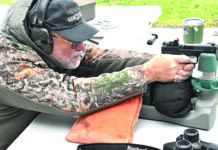
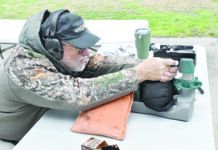
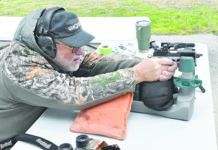

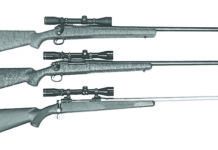
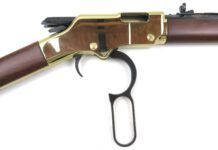
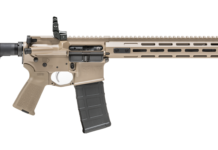
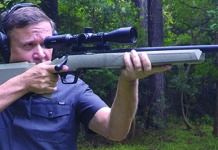




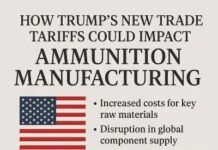
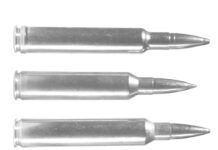

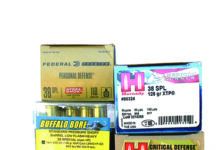
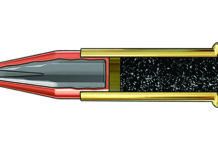
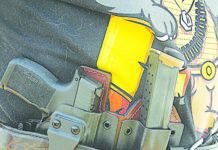




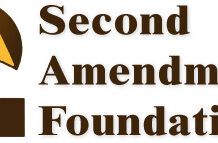


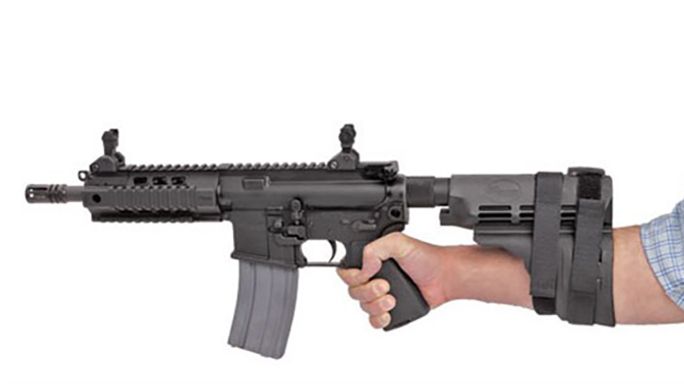

Great job!!
Excellent.